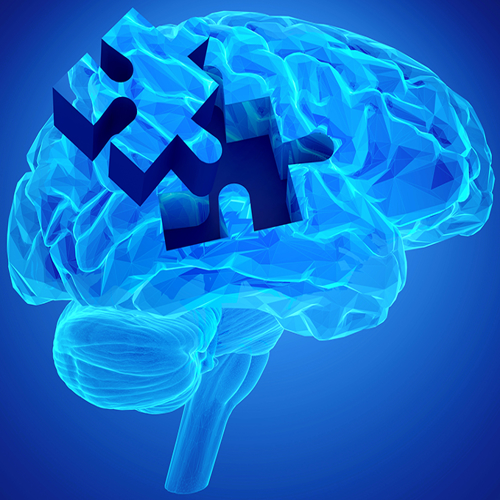Key points from article :
Scientists at the Buck Institute for Research on Aging found a new way neurons handle sugar that might help fight Alzheimer’s and other dementias. They discovered that neurons build up glycogen, a stored form of sugar, which was long thought to play no big role in brain cells. In Alzheimer’s, this glycogen sticks to tau protein, making the harmful clumps that damage brain cells worse.
The team, led by Pankaj Kapahi, showed in flies and human neuron models that this sugar buildup blocks the cell’s ability to reduce stress, which speeds up disease progression. By activating an enzyme called glycogen phosphorylase (GlyP), they managed to clear the sugar and reduce tau damage, helping cells survive better and even increasing the lifespan of flies with similar brain problems. They also found that dietary restriction and certain drugs can naturally boost GlyP, hinting at new ways to protect the brain without harsh treatments.
The study involved collaborations with Emory University and showed similar findings in human cells from people with frontotemporal dementia. This work, published in Nature Metabolism, offers hope for new therapies by targeting sugar use inside neurons to slow or prevent brain decline.









